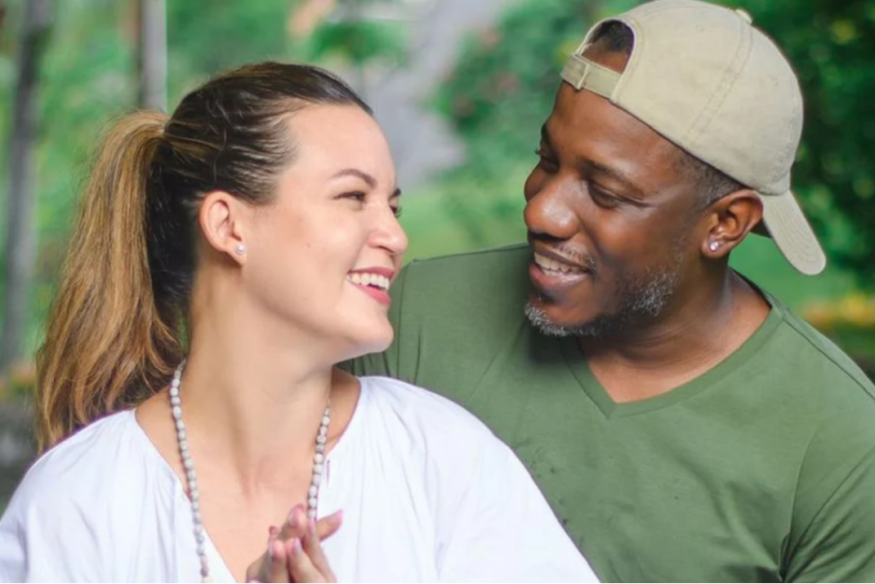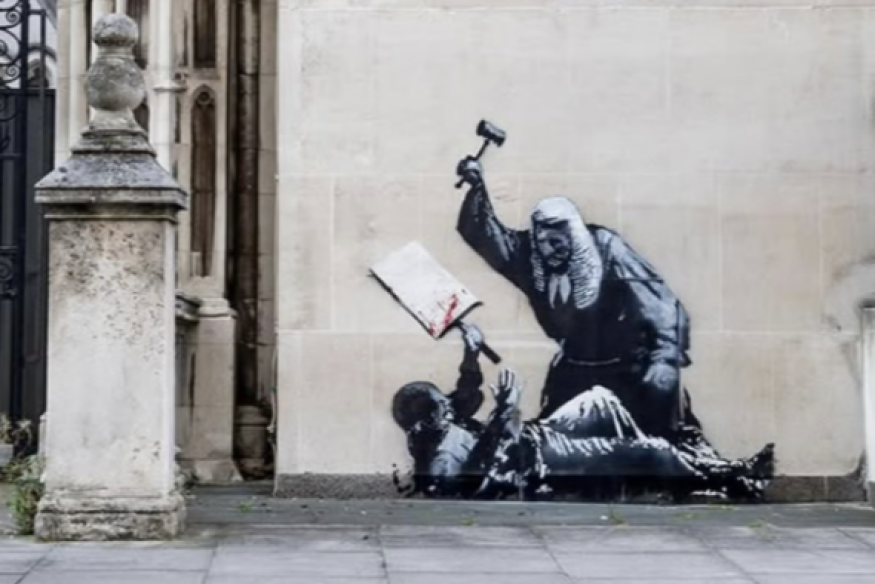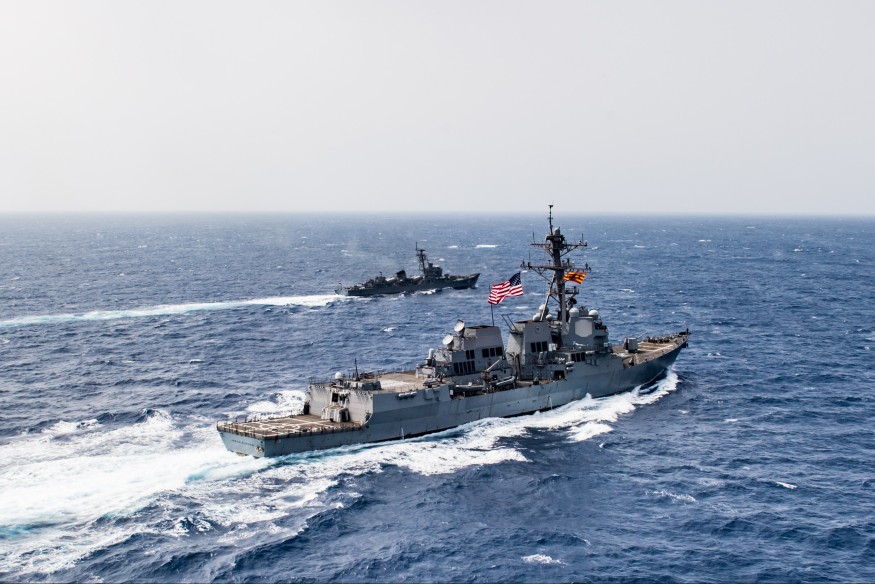
May 16, 2025
By | Tracy Dunkley
Anguilla, once a beacon of peace and serenity, is now facing an unsettling reality—gun violence is no longer an isolated issue but a growing crisis. On this beautiful island, known for its white sandy beaches and turquoise waters, communities are witnessing an alarming transformation. Recent CCTV footage paints a harrowing picture: streets once filled with calm now echo with gunfire, resembling scenes of conflict rather than the tranquillity Anguilla was once known for.
Three masked and hodded assailants with pistols and an automatic rifle enter a home near Blowing Point, Anguilla before being fired upon by the homeowner and fleeing in a hail of bullets.
The smuggling of firearms into Anguilla has escalated, introducing weapons that have no place in a land that once stood for harmony. The types of guns appearing in violent incidents are deeply concerning—semi-automatic pistols, high-powered rifles, and modified firearms that suggest a level of sophistication previously unseen. These weapons are not just tools of crime; they are symbols of a deeper issue, one that threatens the very fabric of Anguillian society.
The recent shooting at Blowing Point, which left an American tourist injured, signals a dangerous shift. Gun violence is no longer confined to isolated disputes; it is spilling into the heart of Anguilla’s tourism industry, the lifeblood of the island’s economy. If left unchecked, this crisis could tarnish Anguilla’s reputation, turning away visitors who once sought refuge in its tranquillity.
But beyond the economic implications, the human cost is unbearable. Families are mourning loved ones lost to senseless violence. Parents are burying their children. Communities are living in fear. The phrase Tranquillity Wrapped in Blue, once a proud declaration of Anguilla’s peaceful nature, now risks becoming Tranquillity Wrapped in Red, stained by the blood of fallen youths, or Tranquillity Wrapped in Black, mourning the pain of shattered families.
The Royal Anguilla Police Force has called upon England for assistance in tackling this crisis, but history reminds us that such interventions have not always been well received. Previous efforts saw British officers struggling to integrate, with Anguillians questioning their policies, standards, and the execution of warrants. The lack of trust between law enforcement and the community remains a significant barrier to progress.
This raises a crucial question: Is the Anguillian community now ready to assist the police? The island has long had a culture of silence, with many reluctant to come forward with information due to fear and distrust. In a place where everyone knows everyone, and familial ties run deep, the hesitation to report crimes is understandable. However, if Anguilla is to reclaim its tranquillity, its people must consider being more forthcoming with the Royal Anguilla Police Force, ensuring that law enforcement can truly serve as their protectors.
Yet, beyond policing, there is another pressing issue—why are Anguilla’s youth turning to violence? After high school, many young people find themselves adrift, struggling to secure jobs or even land interviews. Without structured opportunities to gain experience, their frustration grows. Where are the youth centres, the programmes designed to guide them into part-time or full-time work, or vocational training?
Anguilla’s youth unemployment rate is significantly higher than that of adults, with 22 percent of young people unemployed compared to 11 percent of adults. While initiatives such as the Get Set Entrepreneurial Programme and Job Link-Up Programme exist to support young people in business and employment, accessibility and awareness remain challenges. Without widespread engagement, many youths are left with idle time, making them vulnerable to negative influences.
This is not just a policing issue; it is a societal issue. Anguilla must invest in its youth, providing them with meaningful opportunities to channel their energy into growth rather than destruction. The government, businesses, and community leaders must come together to create pathways for young people to thrive.
Anguilla cannot afford to let gun violence define its future. The time for half-measures has passed. The time for action is now.










